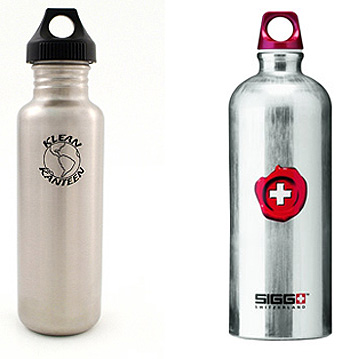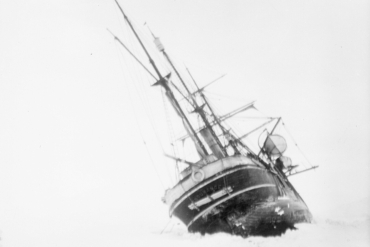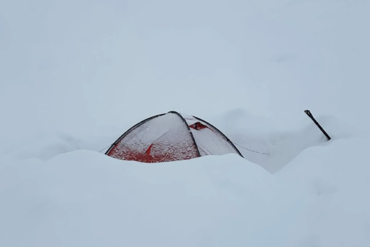BPA is in the news again. That’s short for bisphenol A, a controversial compound found in polycarbonate that mimics the hormone estrogen. This time the news, which was picked up by every major network on the continent, revolves around a study about baby bottles and the presence of this chemical, which some researchers say has been linked to obesity, diabetes and developmental problems in lab animals. Dozens of organizations are calling for an immediate moratorium on bisphenol A.

For outdoorsy types, BPA first came to attention a couple years back when Nalgene Nunc International, makers of the ubiquitous cylindrical water bottle, came under fire for employing the chemical in its polycarbonate bottles and containers. I wrote about the topic in my column “Hydration Bottle Health/Polycarbonate Polemics” in May of 2005.
The meat of my column addressed a study by a researcher at Case Western Reserve University. Dr. Patricia Hunt, a geneticist working with laboratory mice, noticed a spike in chromosomal abnormalities after a lab worker cleaned a set of polycarbonate mouse cages with a harsh detergent, leaching BPA into the animals’ environment.
Hunt’s findings, which were published in the journal Current Biology at the time, were used by Sierra magazine and other media to perpetuate—somewhat haphazardly—a scare that polycarbonate or Lexan water bottles might leach similar nasty chemicals into the digestive tracts of hikers, backpackers, and other outdoors athletes, not to mention the millions of workaday water drinkers who sip from colorful Nalgene bottles.
Nalgene has from the start denied any risks. Here’s the company line: “Based on the findings of the Food and Drug Administration, The Environmental Protection Agency, The American Plastics Council and other reliable sources from around the world, we continue to firmly believe in the safety of our products.” (See the company’s disclaimer and Q&A page here: https://www.nalgene-outdoor.com/technical/bpaInfo.html)
It’s been four years since Dr. Hunt’s findings were reported, and despite a lot of conversation and serious concern about BPA infiltrating bottled drinking water, there is still no definitive say on potential health effects in humans.

However, a new market for BPA-free water bottles has been a boon for companies like Sigg Switzerland (https://www.mysigg.com) and Klean Kanteen (https://www.kleankanteen.com), respectively makers of aluminum and stainless steel water bottles (see images above).
In addition, last month CamelBak (https://www.camelbak.com) announced its Better Bottle line, which are polycarbonate-like bottles that do not contain BPA. CamelBak partnered with Eastman Chemical Company to manufacture the Better Bottle, employing a “new generation copolyester” material that contains no BPA but is still strong and heat resistant.

Personally, I have no plans to throw my Nalgene bottles away. I use them for backpacking trips and other adventures where I need to haul water in a solid container. But for day to day use, I have switched. If I’m making a long drive, going to work out at a gym, etc., I now tote a metal bottle along instead of polycarbonate. I’m not freaking out about BPA. Though I try to avoid it when I can. Better safe than sorry, I guess.







